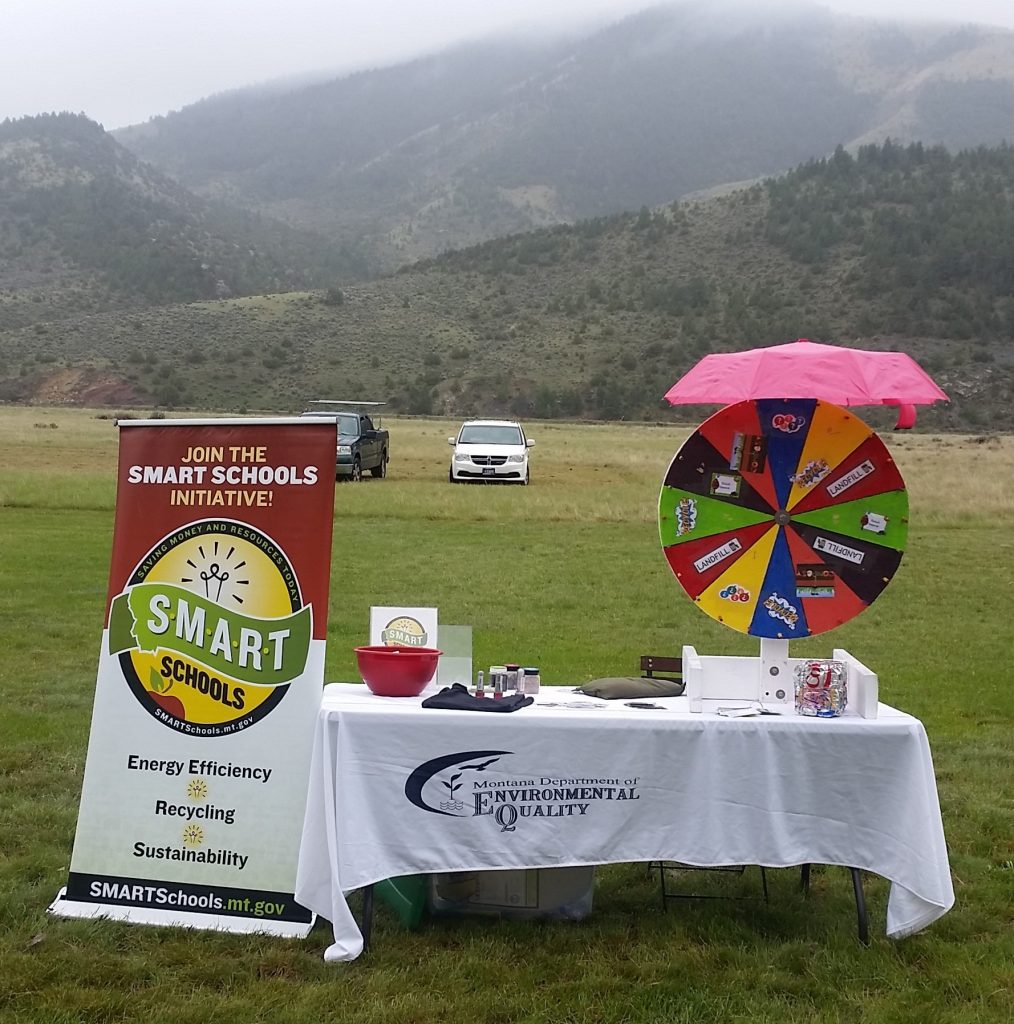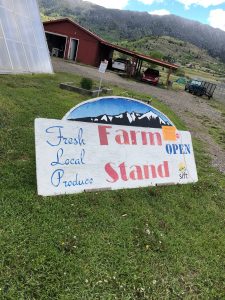By Claudia Hewston
I would not consider myself a “list person” but when push comes to shove I prioritize, making sure the more important tasks receive my full attention before I turn to work my way through the less significant tasks. Arguably I would say our society works in a similar way, addressing the most pressing matters first and then working its way around to other matters. However, somedays it seems that the line between pressing matters and fluff stuff is blurred and we allow ourselves to focus on the more superficial matters. In my eyes this leads to a form of societal procrastination.
As many of us have probably experienced, procrastination leads to stress, tension, and in general a total downward spiral and a sense of panic. We either become so overwhelmed that we turn our focus to artificial topics or we point the finger and start finding someone of something to blame for the way things are. In this blurred state we lash out, we grab false flags and focus on the negative; and we believe these false flags because those flags are what make the headlines. But today I want to share with you some of the amazing stories that haven’t made it into the headlines.
SMART Schools is an initiative run through the Governor’s office that aims to inspire students to take action to not only Save Money and Resources Today, but to become SMART stewards of the land who are conversant in subjects of sustainability and resilience. Over the past eight months I have worked with 56 schools from across the state of Montana on just that. Students from as far East as Plevna, up into Havre, down into Red Lodge, over into Superior and everywhere in-between. These students have not just taken a stand but have initiated the changes that they want to see within their classroom, their school, their community, and effectively their world.
They have developed projects to explore the benefits of aquaponic systems, alternative transportation, vermiculture, composting, gardening, changing to LED bulbs, reducing one use plastic items, recycling, boomerang bags, Environmental symposiums, and most importantly they have engaged in the education of others on the importance of these topics and how their project(s) will not only improve their own personal quality of life but all those around them.
I recently tabled at a Kids to Park Event where a colleague and I had “The Wheel of Knowledge” where kids could come and spin the wheel to earn a question. If they got the question right they would get a candy and if not they could try for a new question. While seemingly simple the kids loved the challenge and continuously amazed me with their knowledge related to recycling, natural resources, landfills, and composting.
In one instance a little boy and girl ran up to the station. The first thing out of their mouths were that they were cousins and they wanted to play the game together, my heart melted of course and they spun the wheel. The wheel landed on composting but before I read to question I paused. The two of them put together could not have been more than 10 years of age. So I asked, before reading the question, “Do you two know what composting is?” The little boy shook his head but his cousin reached out and placed her hand on his shoulder, “Don’t worry I can tell him what it is.” She proceeded to describe the composting process, the different materials you can put into a healthy compost pile, the temperature readings, the bacteria involved, and the benefits of reducing waste and making healthy soil.
And it’s things like this that give me hope. When I tell people about SMART Schools and what it aims to achieve they smile and typically say something along the lines of, “well that’s great” or “well there is hope after all.” And there is hope, we often allow ourselves to feel bogged down by what makes the headlines, but what we don’t always hear are the little things that are being done. These students, K-12, are addressing issues that may be deemed as too much for them to handle, but why not let them. Let them explore, question, discover, and take action. Let us feel hope in what is being done and cultivate it, let it motivate all of us to do the little things to be the difference we want to see in the world.








